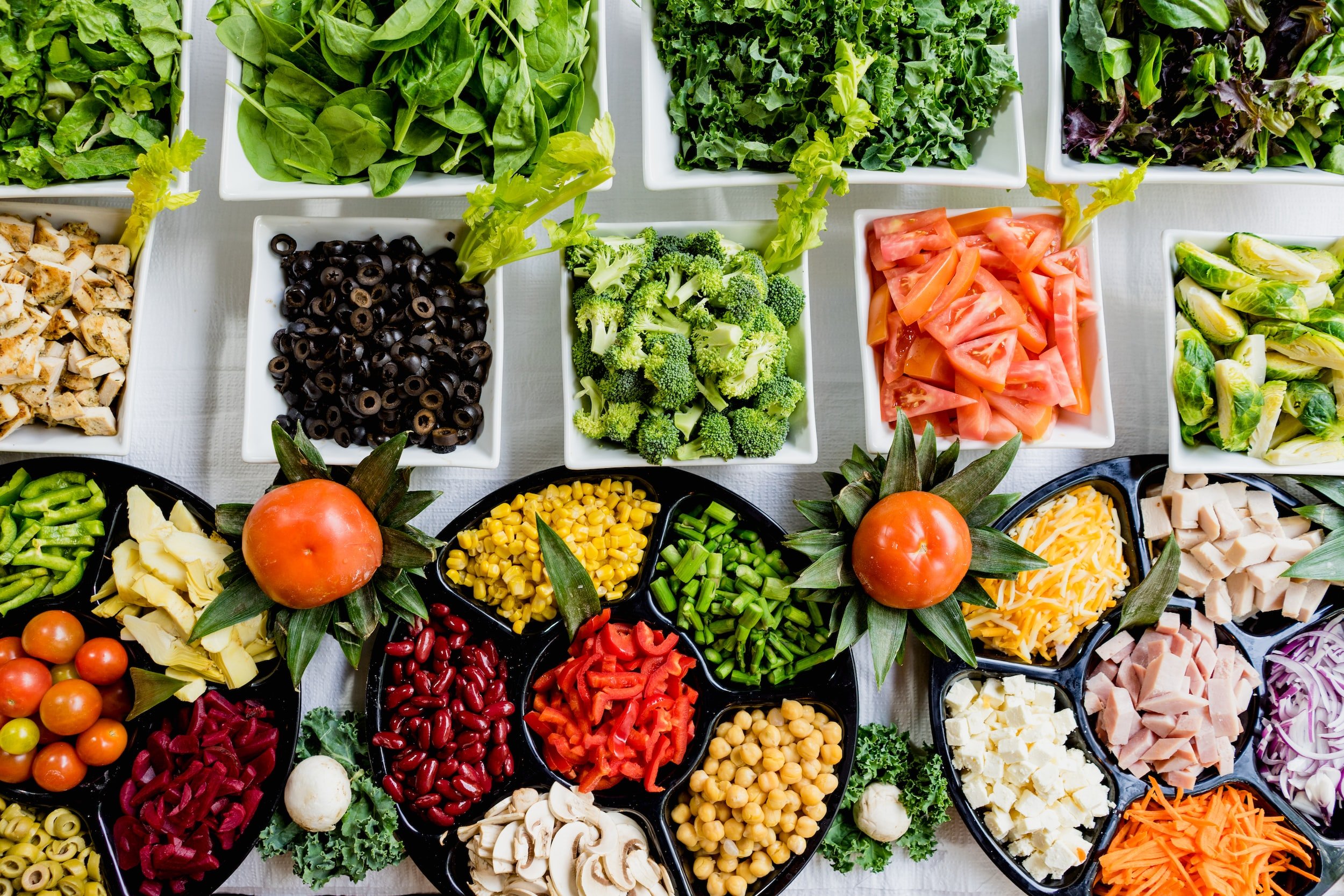Insulin Resistance
Fats, Carbs and Insulin Resistance
I get why it’s confusing, if you have insulin resistance, are prediabetic, and looking for a way to make your numbers better. I had a client today who was exasperated. She reads the low carb ‘experts’, and they say to eat plenty of good fats and hardly any carbs (sugar is the devil incarnate) and definitely avoid fruit (except for a small serving of berries). You read other ‘experts’ and they talk about low-fat, plant-based being the way to go. And plenty of variations on these themes, such as the Mediterranean Diet.
Everyone is looking at one piece of the puzzle, one possible approach, one part of the science, and then investing their career and marketing the hell out of it. Saying it is the only sensible approach. So be careful when you go with someone who has an investment, has written a book, and built their career around a particular approach. They immediately have a bias. It may have worked for them. At least when they wrote the book. But is it right for you?
I have been wanting to write a post about this for a while so here goes.
Pretty much any dietary approach you adopt will emphasise eliminating all processed foods: the deep fried foods, unhealthy fats, sugar, white flour, processed meats, preservatives and chemicals etc and move to a more wholefood diet. Whether you eliminate grains, fruit, meat, dairy, legumes, eggs, soy or processed oils….what is left will still be mostly unprocessed whole foods. It might have nutritional gaps, but it might also have positive effects in the short term.
For many people currently eating a poor SAD (Standard Australian Diet) this alone can make a big difference. Start eating more whole grains, legumes, vegetables, salads, fruit, and fish, change your fat to olive oil and coconut oil…and for the majority of Australians, you will be improving your health. Over 90% of Australians do not eat the recommended five servings of vegetables daily. That’s a great place to start. When you fill-up on these types of foods, eat fruit as a snack or dessert, and add some beans….you are eating a Mediterranean Diet. And this can help most people manage their blood sugar levels better.
However, for some people, it’s not enough, or they need something different, or they got caught up in the low-carb fad and wondered why it worked for a while, they were craving carbs like nothing else and felt so weak. Or it didn’t help their blood sugar after a while. Or they couldn’t maintain it when socialising. Or they tried intermittent fasting, and it messed with their blood sugar levels or their stress levels.
Stress is another factor in insulin resistance. When you are stressed, the body releases stress hormones like adrenalin and cortisol, helping the body face the stressful situation it is enduring. However, these hormones also make it more difficult for insulin to work properly. That’s why stress management is often emphasised as important for so many health issues, including diabetes- stress hormones have many physiological effects on the body.
The other aspect I want to discuss is that sometimes when we get some information, like ‘eat more good fats’, we go to an extreme. We eat too many good fats, which are much more calorie dense than carbs. There is a lot of fat in many foods, both plant and animal-based. We do not need to add much (mayo, oil for frying, salad dressings, butter or nut butter on toast, sauces etc) to be eating a large % of our calories from fat. Lamb, fatty fish, beef, chicken, eggs, dairy…..also nuts, nut butters, seeds, oils, avocados, olives…are all high fat foods already.
When we have a lot of fat (healthy or unhealthy fat) circulating in our bloodstream, over time it can lead to insulin resistance. Circulating fat can prevent glucose from entering the cells, so blood sugar goes high and can’t come down. We need glucose for energy. Too much fat also makes the liver sluggish, making it harder to store glucose the way it is supposed to as glycogen- and release it when needed. Excess fat places a strain on the pancreas, which produces enzymes to help break down fat, as well as insulin. When we eat a lot of fat, the body releases more adrenalin to ramp up the digestive capacity…but this adrenalin also has a taxing effect on the body, including the pancreas.
If you want to eat a high-fat diet, and you have insulin resistance, then you absolutely need to keep your carbs low. This can normalise your A1C levels in the short term, but it may not be easy to sustain in the long term- both the lifestyle and the numbers. It helps the symptom (high blood sugar), not the underlying cause.
What is more likely to be sustainable in the long term is to shift your diet toward eating plenty of healthy fruits and vegetables, eating small meals regularly, keeping fats low to moderate rather than high, and avoiding processed carbs- the worst end of the carb spectrum (carbs are not all the same!). Some people do better with only whole grains or no grains (grains can raise blood sugar significantly for some people). But armed with the information above, you should be able to find your balance.
This is why a plant-based diet has a reputation for helping many people who have insulin resistance. There is plenty of evidence that it can. However, it is also easy to eat a high-fat plant-based diet (too many nuts, coconut etc). This won’t be so helpful or healing.
You can eat a wide variety of fruits and vegetables, whole grains, legumes AND some considered animal protein if you want to. It’s finding the right balance for you. Be aware that eating both high fat (which is very easy to do in our culture) AND high processed carb (also easy to slip into), together, is the recipe for developing insulin resistance. Curbing the excesses of both, and sticking with plenty of high fibre plant foods, can be enough for many.
I hope that brings some clarity to this sometimes confusing issue.




